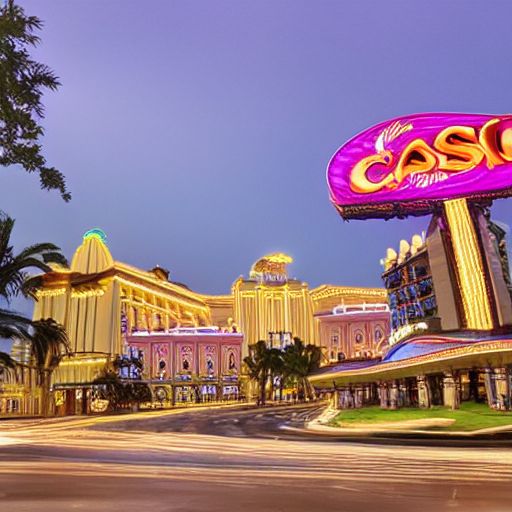Gambling has been a part of human culture for thousands of years, and different cultures around the world have developed their own unique approaches to this activity. In this article, we’ll take a look at some of the different cultural attitudes towards gambling, and explore how these attitudes have shaped the gambling industry in different parts of the world.
Asia
Gambling has a long and storied history in Asia, with many of the world’s oldest and most famous casinos located in the region. In countries such as China and Japan, gambling has traditionally been seen as a way to test one’s luck and fortune, and is often associated with cultural traditions such as Feng Shui.
One of the most popular forms of gambling in Asia is baccarat, which is often played in high-stakes games at casinos across the region. Other popular games include Mahjong and Pai Gow, both of which have been played in Asia for centuries.
Middle East
In many Middle Eastern countries, gambling is considered to be a sin and is prohibited by Islamic law. However, there are some exceptions to this rule, with certain forms of gambling such as horse racing and lotteries being allowed in some countries.
One country in the Middle East where gambling is legal is Lebanon, which is home to several casinos that attract tourists from around the world. However, even in countries where gambling is legal, it is often heavily regulated and tightly controlled.
Europe
Gambling has a long and rich history in Europe, with some of the world’s most famous casinos located in countries such as Monaco and the United Kingdom. In many European countries, gambling is legal and widely accepted, with national lotteries and sports betting being popular forms of gambling.
One of the most unique aspects of gambling in Europe is the tradition of placing bets on sporting events. Sports betting is a popular pastime in many European countries, and many bookmakers offer a wide range of odds and betting options on everything from football matches to horse races.
United States
In the United States, gambling is a highly regulated industry that is subject to a complex web of federal and state laws. While gambling is legal in some states such as Nevada and New Jersey, it is heavily restricted or prohibited in others.
One of the most popular forms of gambling in the United States is casino gambling, with cities such as Las Vegas and Atlantic City attracting millions of tourists each year. However, other forms of gambling such as sports betting and online gambling are also becoming increasingly popular in the United States.
In conclusion, gambling is a cultural phenomenon that has developed in different ways in different parts of the world. While some cultures view gambling as a harmless pastime, others see it as a sin or a vice. Despite these differences, however, gambling continues to be a popular activity in many parts of the world, and the gambling industry is constantly evolving and adapting to new cultural and technological trends. Whether it’s through high-stakes casino games or casual sports betting, gambling remains an integral part of human culture, and is likely to continue to be so for many years to come.
